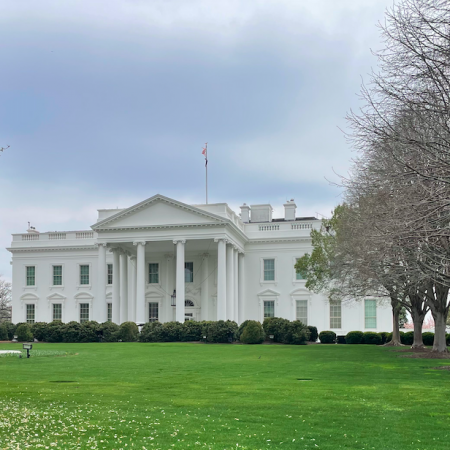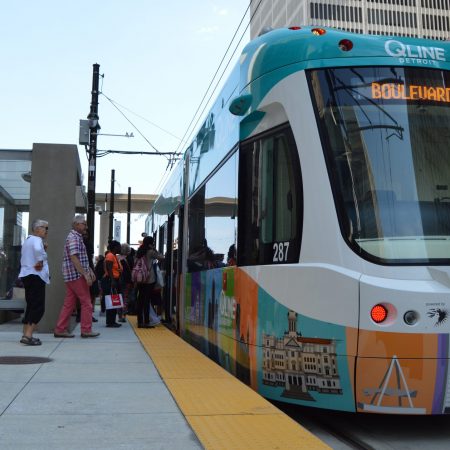The Metro: Political pressure is ending diversity, equity and inclusion programs
Subscribe to The Metro on Apple Podcasts, Spotify, NPR.org or wherever you get your podcasts.
Diversity, equity and inclusion is going away. It’s been the story for businesses and colleges in America over the last month.
With pressure from the Trump administration and from the U.S. Department of Education, the University of Michigan and a number of other universities have removed their Diversity, Equity and Inclusion offices.
But it’s not just the White House that doesn’t like DEI. It’s been criticized by some professors, students and public commentators as well.
Metro Producer Sam Corey sat down with two professors to understand how DEI programs work and what could happen as they go away. Robert Sellers is a professor of psychology and education, and the first chief diversity officer at the University of Michigan. Stacy Hawkins is a Rutgers professor, diversity consultant and DEI expert.
The Metro has reached out to several University of Michigan regents who helped usher in the end of DEI practices and programming. We are still waiting to hear back from those state-wide elected officials.
Use the media player above to hear the full conversation.
More stories from The Metro on Monday, April 7:
- Mallory McMorrow wants to bring a new generation to the US Senate
- Curbing the impulse to buy more stuff
- Former Sleeping Bear Dunes superintendent warns of cuts to national parks, public lands
Listen to The Metro weekdays from 10 a.m. to noon ET on 101.9 FM and streaming on-demand.
Trusted, accurate, up-to-date.
WDET strives to make our journalism accessible to everyone. As a public media institution, we maintain our journalistic integrity through independent support from readers like you. If you value WDET as your source of news, music and conversation, please make a gift today. Donate today »The post The Metro: Political pressure is ending diversity, equity and inclusion programs appeared first on WDET 101.9 FM.


